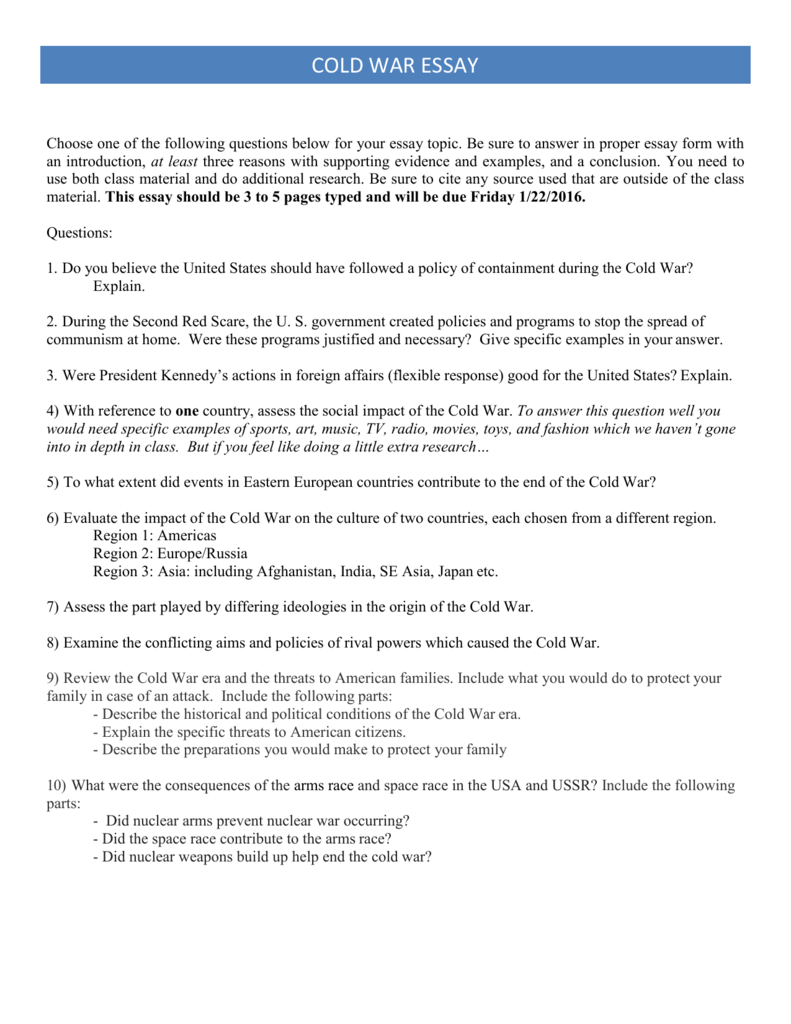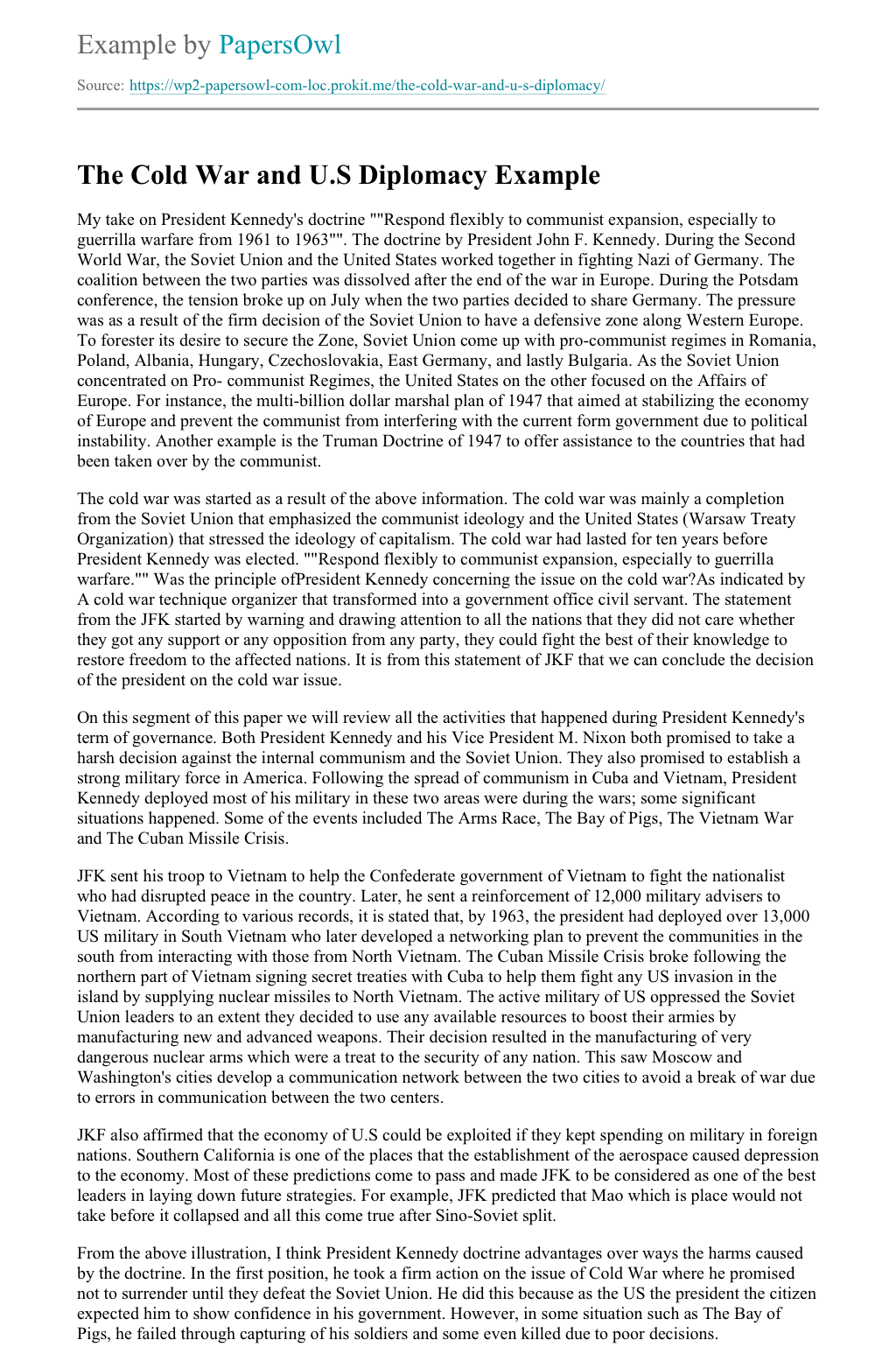The Cold War was a period of tension and conflict between the United States and the Soviet Union that lasted from the end of World War II until the early 1990s. It was marked by an arms race, intense propaganda, proxy wars, and a constant fear of nuclear annihilation. The Cold War had a profound impact on the world, shaping international relations and influencing politics, culture, and society in many ways.
The Causes of the Cold War
There were many factors that contributed to the start of the Cold War. The most significant of these was the ideological differences between the two superpowers. The United States was a capitalist democracy, while the Soviet Union was a communist state. This fundamental difference in political systems created an atmosphere of mistrust and hostility.
Other factors that contributed to the Cold War included the Soviet Union's desire for security, the United States' desire to spread democracy, and the arms race that developed as both sides sought to gain the upper hand in the event of a conflict.
The Impact of the Cold War

The Cold War had a profound impact on the world, shaping international relations and influencing politics, culture, and society in many ways. One of the most significant impacts of the Cold War was the arms race, which led to the development of new technologies and weapons.
The Cold War also had a significant impact on politics and international relations. The United States and the Soviet Union engaged in a constant battle for influence, seeking to spread their ideologies and gain allies around the world. This led to the development of a number of proxy wars, as each side sought to support friendly governments and undermine those that were aligned with their opponent.
The End of the Cold War

The Cold War came to an end in the early 1990s, as a result of a number of factors. One of the most significant of these was the collapse of the Soviet Union, which had been struggling economically and politically for many years. The fall of the Berlin Wall in 1989 was a symbolic moment that marked the end of the Cold War.
Other factors that contributed to the end of the Cold War included the rise of Mikhail Gorbachev in the Soviet Union, who implemented a number of reforms that helped to ease tensions between the two superpowers, and the growing influence of the United States as a superpower.
The Legacy of the Cold War

The legacy of the Cold War is still felt today, in many different ways. One of the most significant legacies of the Cold War is the ongoing arms race, which has continued to this day. Both the United States and Russia continue to develop new weapons and technologies, and there is still a great deal of tension between the two superpowers.
The Cold War also had a significant impact on international relations, and many of the issues that were at the heart of the conflict are still relevant today. For example, the ongoing tensions between the United States and North Korea are a direct result of the Cold War, as North Korea was aligned with the Soviet Union during the conflict.
Cold War Essay Conclusion
In conclusion, the Cold War was a period of tension and conflict between the United States and the Soviet Union that had a profound impact on the world. The causes of the Cold War were many, but the ideological differences between the two superpowers were the most significant. The Cold War had a significant impact on international relations, politics, culture, and society, and its legacy is still felt today.
Meta Description: The Cold War was a period of tension and conflict between the United States and the Soviet Union that lasted from the end of World War II until the early 1990s. Read on to learn more about the causes, impact, and legacy of the Cold War.
Meta Keywords: Cold War, United States, Soviet Union, arms race, international relations, politics, culture, society, nuclear annihilation, proxy wars, ideological differences, collapse of the Soviet Union, Mikhail Gorbachev, arms race, ongoing tensions.